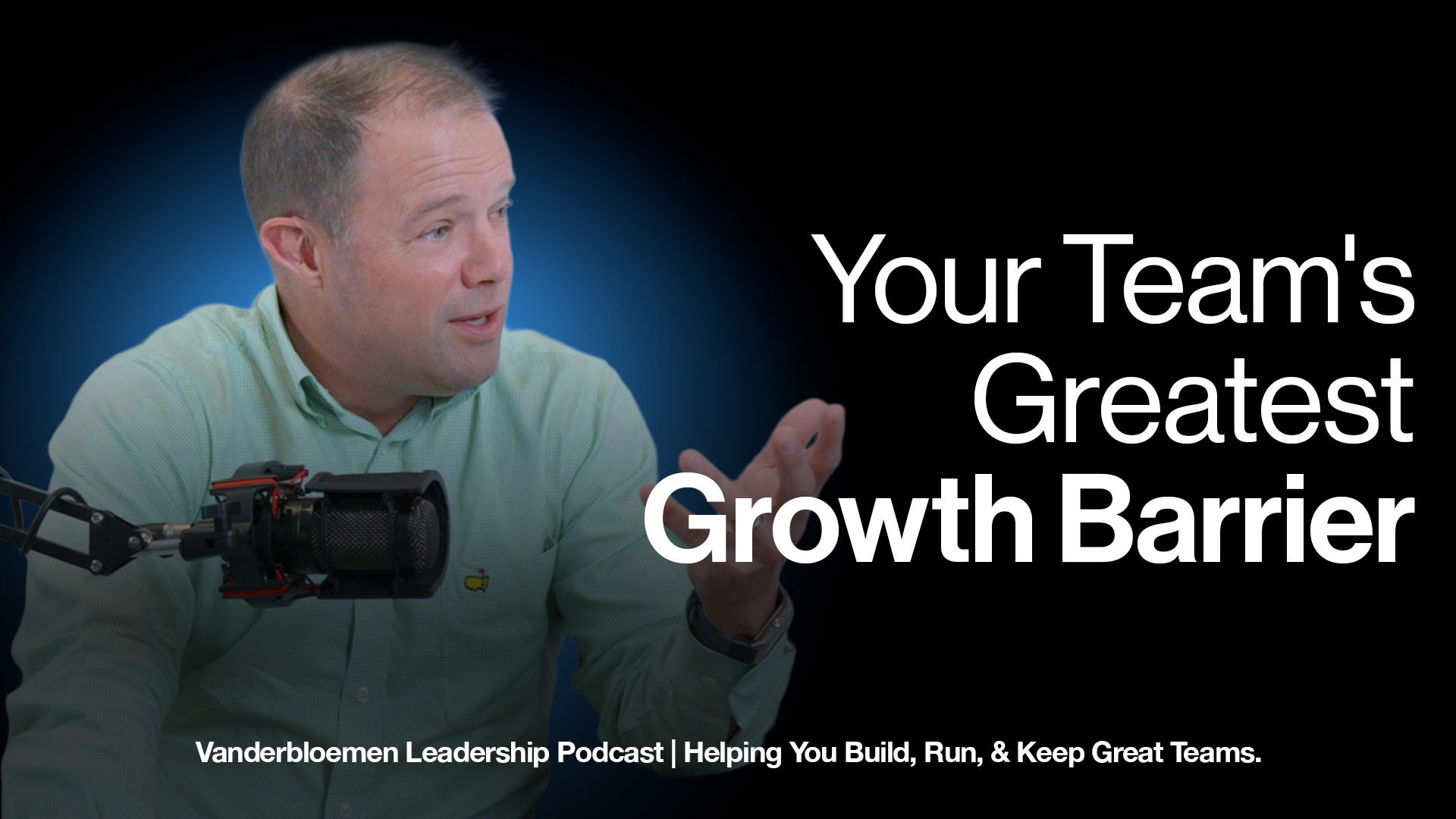As leaders look forward to reopening the church, how do we prepare spiritually, emotionally, and structurally for what’s to come? We can learn a lot from the Pastoral Epistles on loving a church body through new seasons. In our interview with Dave, we specifically focused on 1 Timothy 1:3-5 to discuss how to love from a pure heart, good conscience, and sincere faith.
“As I urged you when I was going to Macedonia, remain at Ephesus so that you may charge certain persons not to teach any different doctrine, nor to devote themselves to myths and endless genealogies, which promote speculations rather than the stewardship from God that is by faith. The aim of our charge is love that issues from a pure heart and a good conscience and a sincere faith.”
While there are a number of differences between our experience now and what the early church was facing, we have a common ground in that we’re dispersed and have a limited view and understanding of what’s ahead. Our advantage is time. We have at least a few more weeks until we can begin meeting again, so now is when we should think about how we can assess our current strategy and come away with solid objectives for when we gather again.
Leading With a Pure Heart
In his letter to Timothy, Paul touches on the importance of using “pure” doctrine to live and preach. The cleanest form of doctrine Paul focuses on is the enormous amount God has done for us through Jesus. In contrast, there’s impure doctrine, which places humanity and our achievements, rights, and ability to save ourselves ahead of God’s work and power.
We know from the Epistles and our own experiences that a true understanding of God’s pure love for us transforms our hearts. In this time that we have to reflect during social distancing, let’s recalibrate our ministry around this ultimate objective – the pure doctrine that transforms lives. Go back to the drawing board and think through how you measure your church’s health and success. Ask yourself if your current goals are aligned with the good doctrine that sharing God’s love is the ultimate end. Evaluate what you’re currently doing to meet this end goal and what you need to adjust to reinforce pure love as your ministry’s epicenter.
Evaluating Your Impact
When going back to the drawing board in this new season, there are a few major areas to assess and evaluate.
Measuring How You Love God Well
Input – Since we know God handles the output of all things, start by evaluating your input, the elements you control. Uncover the ways you’re faithfully proclaiming the good doctrine in your ministry. How can you do better serve your people with Jesus-centered content?
We’ve learned so much about how limitlessly we can serve with technology. We have the capability to produce daily video devotionals, short Q&A sessions on how to respond to our current situations in a biblical manner, and new ways of connecting to name a few. Think about how you might carry some of the new practices you’ve picked up into your future ministry.
Output – You can also evaluate your output by looking at a prevailing sin your church faces. In Revelation, Jesus calls out the cultural sins of churches including pride and fear. Consider creating metrics to assess these areas and measure if you’re growing in humility, bravery, or another trait you’re hoping to develop as a congregation. Try to find ways to tangibly plan to move away from a prevalent sin your church faces, whether that’s having members become more involved, mixing up established small groups, or participating in more community outreach.
Measuring How You Love Others Well
Input – Think through ways your leadership team can continuously increase the output of sound doctrine to enable your congregation for growth. Again, set up metrics and goals that you have to measure improvement in this area. How many new forms of connection can you implement? Are your leaders spending more time with God as they seek answers? Set goals for the way you want to see love grow in your congregation.
Output – First look inward at how your community can love each other well. Benevolence has grown during COVID-19 because people are looking for ways to serve those deeply impacted by the crisis. The church’s mission should be to continue these efforts as we begin to gather again. This might look like helping others with bills, rent, moving, finding jobs, or even feeding them as this pandemic continues.
Next, consider how you can love your community. If your church has surplus in this season, can you afford to adopt a struggling church? Maybe you want your impact to be in your local community measured through donations or volunteer efforts? No matter where God is calling you to love others, find ways to track your efforts to ensure you stay aligned with good doctrinal values.
Evaluating the Path Forward
We’ve had a season unlike any other that’s forced us into new ways of operating. If you’ve spent time adjusting and working hard than ever to find new ways to connect with your community and produce content, how much of that do you continue when we’re back to church in-person? How can pastors determine what’s sustainable, what newly adopted practices need to be carried forward, and what past routines need to be replaced with a new pattern? While this will vary from church to church, there are a few areas you can assess to strategize.
Measure the Fruit
You likely already experienced the shift away from certain practices that you don’t miss and have a good feeling you can go without moving forward without hurting the spiritual connectedness of your church. In this case, look forward and assess whether an in-person church might need that element again. If not, you might be able to drop this practice.
On the other hand, if you’ve added elements that have seemed to produce fruit in a time when people need it most, and you can see the positive impact it can have moving forward, it could a good practice to continue.
It’s critical to assess these elements with your leadership team to determine your forward-looking strategy.
Align God’s Calling With Your Capacity
Everyone is learning their capacities in this season as we work harder than ever to adapt and adjust, so it’s important to identify your core ministries. Look at what God has called you to do and prioritize those items first. Name and communicate those things to your congregation so you have accountability to accomplish the things you need to do with the most effort and care. Be willing to let things go that aren’t serving God’s calling for your church in this season.
If our ultimate goal is the proclamation of the gospel that’s received by others through faith, then our ultimate measurements should seek to understand how we’re loving those around us. As you seek the path forward, recall this mission continuously to understand the creative ways to adapt your strategy to serve others well.


